The views expressed in our content reflect individual perspectives and do not represent the authoritative views of the Baha'i Faith.
Think about this question for a minute: what’s the best gift you ever received?
While you’re thinking about it, let me tell you a story about my second-best gift—and then about the best one.
In my family, we had a tradition: on your ninth birthday, you might get a bicycle, if you’d been good. I really, really wanted that bicycle, so of course I didn’t do one bad thing during the entire year I was eight. I’m kidding—but I suppose I did manage to be sufficiently well-behaved that year, or at least manage to hide my boyish misdeeds, because on my ninth birthday I got a shiny red bicycle. Thanks, Mom and Dad!
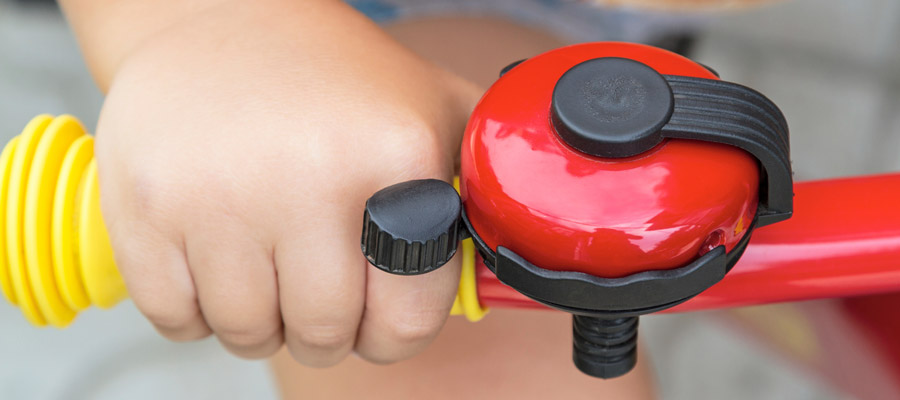
As I rode that bike, I gradually realized that the bicycle itself—its steel frame, rubber tires and the shiny red reflector on the rear fender—wasn’t the real present. The real present, I found, came from the freedom that bicycle gave me. I rode it everywhere. I explored my little town, which suddenly enlarged as it became mine to explore. That bike took me to new places, not only the actual places but new places in my mind, where I could imagine other lives and other realities. It gave me the gift of freedom to roam, to search, to learn, to inquire into the secrets and mysteries of life.
So did you think of your best-ever gift yet? I hope it was just as great as that red bike—that it was something more than a mere material object.
Here’s another related question to ponder: what’s the greatest gift God ever gave to humanity?
The Baha’i teachings have a profound answer to that question:
First and foremost among these favors, which the Almighty hath conferred upon man, is the gift of understanding. His purpose in conferring such a gift is none other except to enable His creature to know and recognize the one true God—exalted be His glory. This gift giveth man the power to discern the truth in all things, leadeth him to that which is right, and helpeth him to discover the secrets of creation. – Baha’u’llah, Gleanings from the Writings of Baha’u’llah, p. 194.
“The gift of understanding,” Baha’u’llah wrote, gives us “the power to discern the truth in all things,” leads us to tell right from wrong, and allows us “to discover the secrets of creation.” Can you imagine a greater gift? That gift makes us human.
About a decade after my bicycle set me free, I grew up and went to college. To pay my way through school I worked at a big state institution for more than a thousand developmentally-disabled kids, called The Children’s Colony. As a college student and low-level employee, I “floated” between various duty stations, working where I was needed on any particular day. Sometimes I worked in the wards for the most severely-disabled children, who had no ability to move, to speak, to form words or even to comprehend their surroundings. I wondered: where was their gift of understanding? The doctors and nurses told us that those children could not understand even the most elementary thoughts, concepts or feelings, their IQ levels measured in the single digits and their disabilities profound and permanent.
But I slowly learned that wasn’t entirely true.
I learned it by speaking gently and quietly to those children, and trying to make eye contact with them. At first it seemed futile, like repeatedly knocking on the front door of an empty house. Sadly, I learned that these institutionalized children, many of them there since birth, had not always been treated well by the staff at the Children’s Colony. Several of the children flinched when I first approached them or made an attempt to speak to them, obviously used to harsh or unkind treatment.
But I figured it couldn’t hurt to try to make a rudimentary human connection with these neglected ones. Many had twisted, deformed limbs and torsos that made them immobile prisoners in their own bodies. Some had severe cognitive deficits, caused by Fetal Alcohol Syndrome passed down from alcoholic mothers. A few had been born normal, but through abuse or accident or some other terrible misfortune, now had damaged brains that could no longer function at even a minimal level.
But, the Baha’i teachings assured me, these children all had souls:
Know thou that the soul of man is exalted above, and is independent of all infirmities of body or mind. That a sick person showeth signs of weakness is due to the hindrances that interpose themselves between his soul and his body, for the soul itself remaineth unaffected by any bodily ailments. Consider the light of the lamp. Though an external object may interfere with its radiance, the light itself continueth to shine with undiminished power. In like manner, every malady afflicting the body of man is an impediment that preventeth the soul from manifesting its inherent might and power. When it leaveth the body, however, it will evince such ascendancy, and reveal such influence as no force on earth can equal. Every pure, every refined and sanctified soul will be endowed with tremendous power, and shall rejoice with exceeding gladness. – Ibid., pp. 153-154.
My attempts to communicate with the most severely- and profoundly-disabled children in that institution led me, like the gift of my bicycle did, into a new world of unanticipated gifts.
The first time it happened it startled me. I had spoken to one child named Ben for many months, trying to use a low, soothing tone in my voice while feeding him or changing his diaper. A nurse had told me “You’re wasting your breath—he can’t understand you.” But I disagreed. I felt, somehow, that my words or at least my recognition of his soul would somehow get through.
One day, to my great shock, it did. Ben looked me in the eyes, which he had never done before, and he actually smiled. That smile—the recognition of our common humanity and the universal symbol of happiness—let me know that he had recognized a fellow human being. From that day on, whenever he heard my voice or saw my face, he smiled. I smiled back. He couldn’t talk, but we spoke to each other with our eyes. I could see, beyond the severity of his disabilities, his pure soul.
Then that experience began to repeat itself with other children. One child, who at the age of 14 hadn’t ever spoken before, began to babble when I talked to him, like a baby does when it first tries to form words. Those breakthroughs heartened me, and surprised the professional staff. A doctor asked me what I had done. “I tried to speak to their souls,” I said.
I had no expertise, no training and no real insight into the problems of the developmentally disabled. But by trusting what the Baha’i teachings said, and by simply trying to communicate, I looked beyond the physical and received a tremendous, beautiful gift in return.


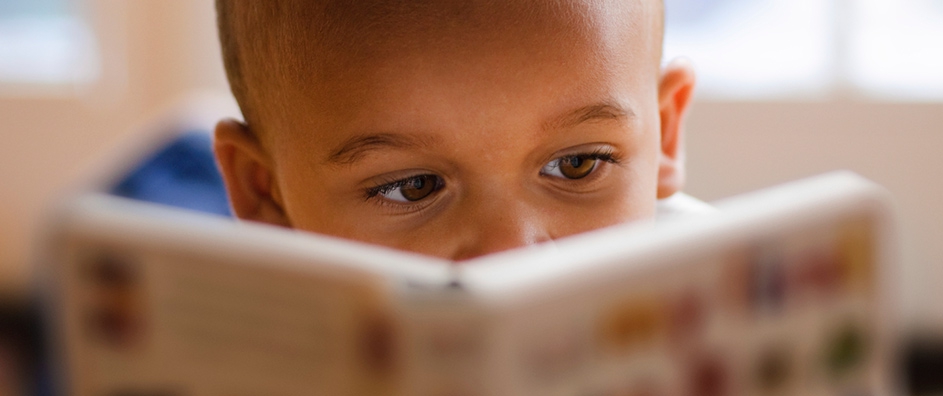

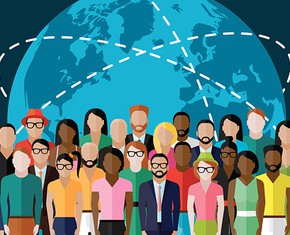
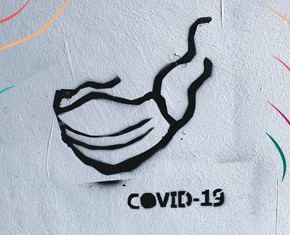
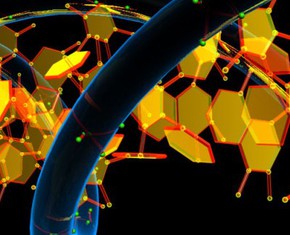









Comments
Sign in or create an account
Continue with Googleor